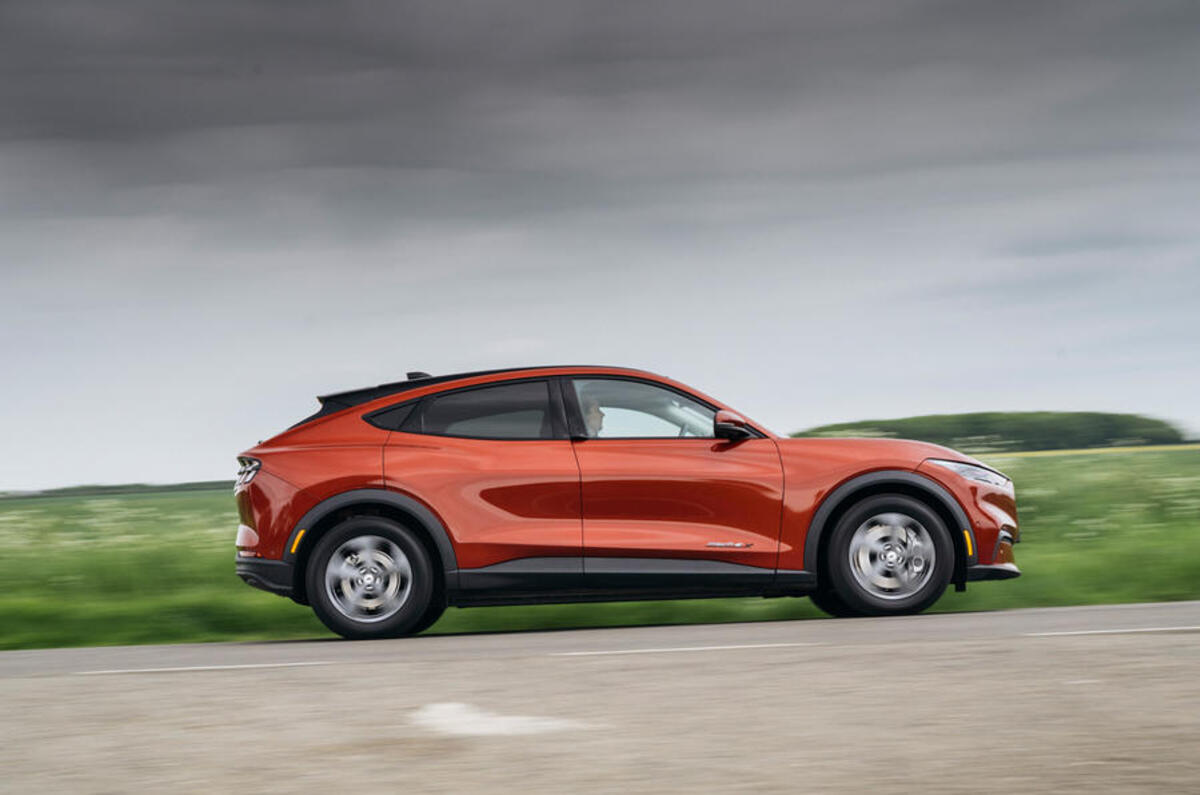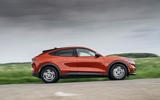Electric sales are ever increasing, not just in the UK but across mainland Europe, too. The switch is being facilitated by a patchwork of incentives offered by countries to minimise the price hike compared with combustion-engined cars.
However, we’re now at the point where countries including the UK are thinking the market has become self-supporting, allowing them to slow or stop the financial help.





Add your comment